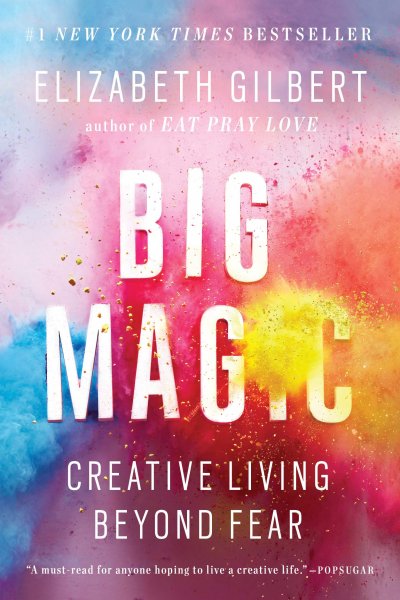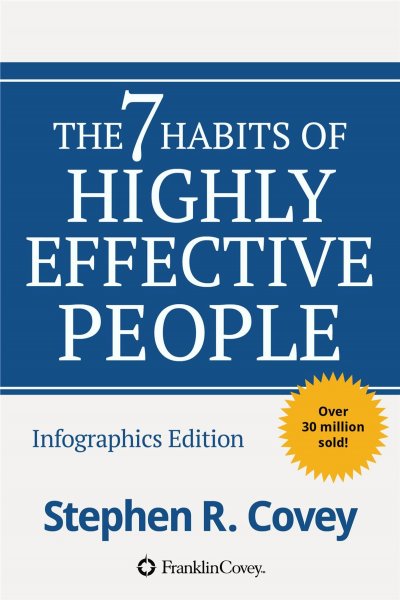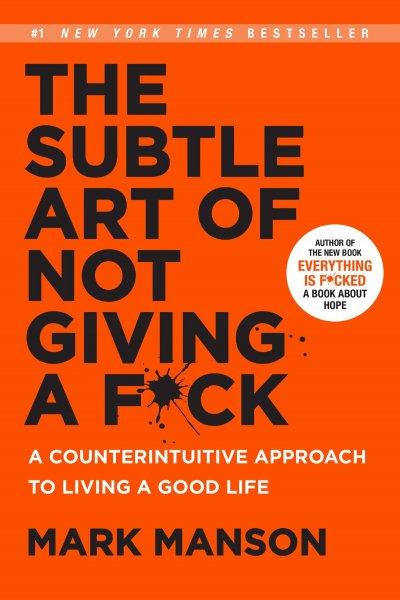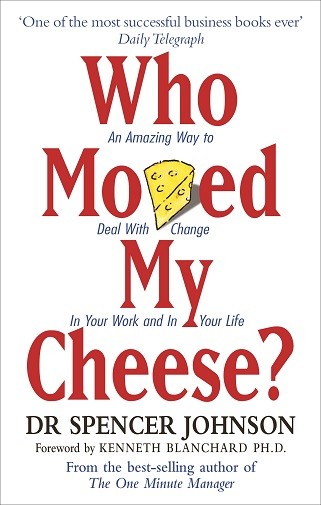Remain productive and committed to growth this circuit breaker period with a couple of self-help books. Better yet, self-improvement titles. Below, find five good reads that’ll motivate you to strive for your best and even think positively despite these trying times.
Big Magic: Creative Living Beyond Fear by Elizabeth Gilbert

Written by the same author who penned Eat, Pray, Love, Big Magic: Creative Living Beyond Fear is a piece filled with tips and tricks on how to lead a more fulfilling life. Apart from offering anecdotes about wholesome, healthy living, this self-improvement book by Elizabeth Gilbert also feeds you with optimism; something we all could use right now.
Outliers by Malcolm Gladwell

Best known for his non-fiction series, Malcolm Gladwell’s Outliers examines factors that contribute to high levels of success. So while it isn’t so much of a guide to life, Outliers still provides interesting pointers about achievements and victory. He also heavily mentions the 10,000-hour rule, which essentially translates to practice makes perfect. Not convinced? Read it for yourself.
The 7 Habits of Highly Effective People by Stephen Covey

Be proactive, begin with the end (goal) in mind and synergise; these are just some of the approaches or habits of highly effective people, according to author Stephen Covey. And while these concepts seem like a no-brainer, how often do we actually practice them? Check out The 7 Habits of Highly Effective People to be reminded of these approaches, then adopt and apply them in all aspects of your life, whether in the workplace or at home.
The Subtle Art of Not Giving a F*ck by Mark Manson

Its title may be crass, but The Subtle Art of Not Giving a F*ck is more profound than it seems. Using profanities and blunt honesty to illustrate good ideas and intentions, the book definitely makes a point about thinking too much and doing too little. Just go ahead and pick it up, you’ll know what we mean.
Who Moved My Cheese? by Spencer Johnson

An oldie but a goldie; Who Moved My Cheese? by Spencer Johnson was published in 1998, although its key principles and takeaways are good to last lifetimes. It’s a story about four characters who react and respond differently to changes, which encourages readers to be quick to adapt and respond positively to new opportunities.





